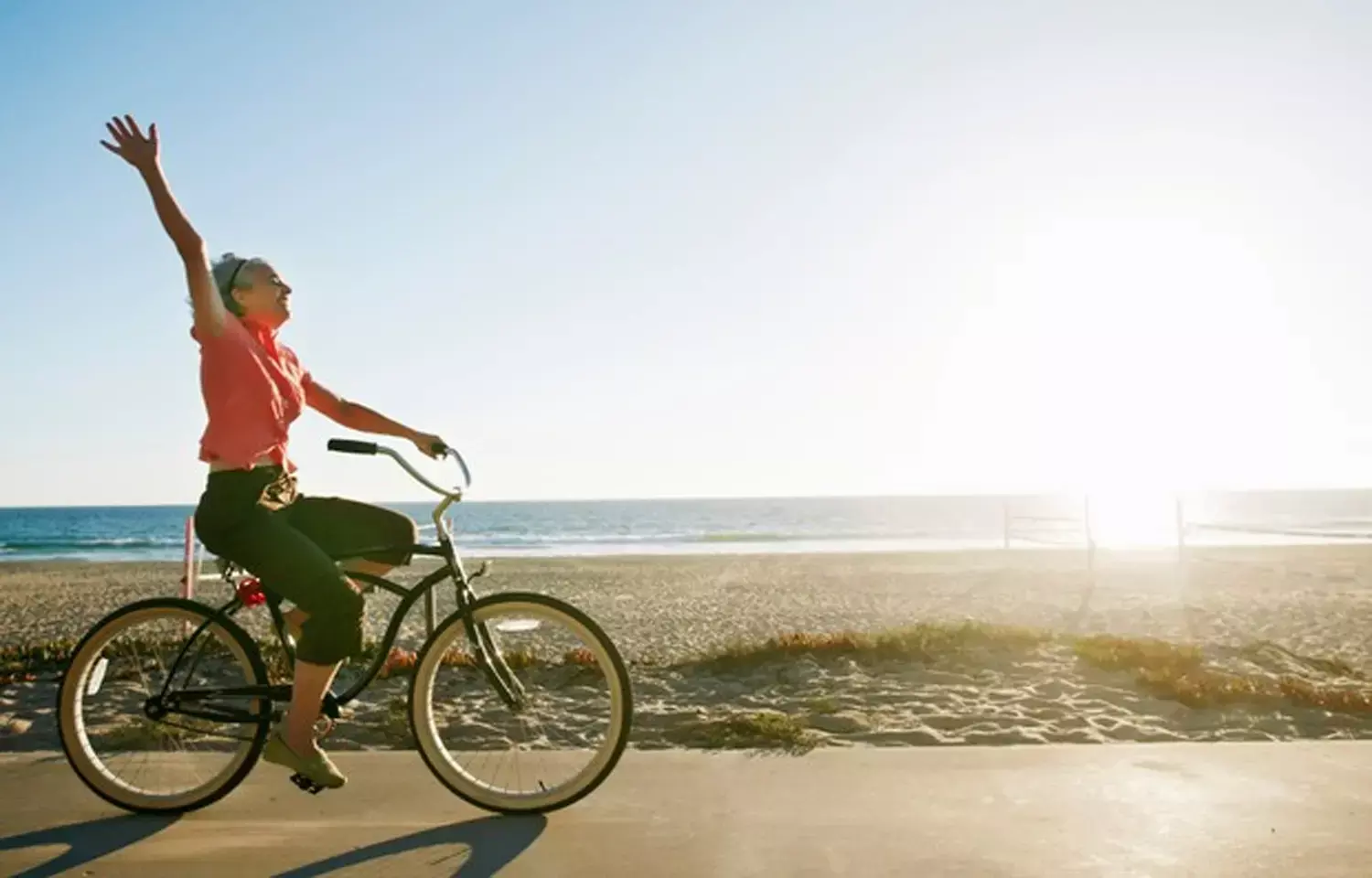- Home
- Medical news & Guidelines
- Anesthesiology
- Cardiology and CTVS
- Critical Care
- Dentistry
- Dermatology
- Diabetes and Endocrinology
- ENT
- Gastroenterology
- Medicine
- Nephrology
- Neurology
- Obstretics-Gynaecology
- Oncology
- Ophthalmology
- Orthopaedics
- Pediatrics-Neonatology
- Psychiatry
- Pulmonology
- Radiology
- Surgery
- Urology
- Laboratory Medicine
- Diet
- Nursing
- Paramedical
- Physiotherapy
- Health news
- Fact Check
- Bone Health Fact Check
- Brain Health Fact Check
- Cancer Related Fact Check
- Child Care Fact Check
- Dental and oral health fact check
- Diabetes and metabolic health fact check
- Diet and Nutrition Fact Check
- Eye and ENT Care Fact Check
- Fitness fact check
- Gut health fact check
- Heart health fact check
- Kidney health fact check
- Medical education fact check
- Men's health fact check
- Respiratory fact check
- Skin and hair care fact check
- Vaccine and Immunization fact check
- Women's health fact check
- AYUSH
- State News
- Andaman and Nicobar Islands
- Andhra Pradesh
- Arunachal Pradesh
- Assam
- Bihar
- Chandigarh
- Chattisgarh
- Dadra and Nagar Haveli
- Daman and Diu
- Delhi
- Goa
- Gujarat
- Haryana
- Himachal Pradesh
- Jammu & Kashmir
- Jharkhand
- Karnataka
- Kerala
- Ladakh
- Lakshadweep
- Madhya Pradesh
- Maharashtra
- Manipur
- Meghalaya
- Mizoram
- Nagaland
- Odisha
- Puducherry
- Punjab
- Rajasthan
- Sikkim
- Tamil Nadu
- Telangana
- Tripura
- Uttar Pradesh
- Uttrakhand
- West Bengal
- Medical Education
- Industry
e-Cycling Boosts Physical Activity in Type 2 Diabetes Management

Physical activity is a cornerstone in managing type 2 diabetes, but many individuals with this condition struggle to engage in regular exercise. A recent study published in Frontiers in Sports and Active Living revealed that the form of electrically assisted cycling offers a practical way to increase physical activity while bypassing some of the barriers associated with conventional cycling.
The research, conducted using the Theoretical Domains Framework (TDF) and the Capability, Opportunity, and Motivation for Behavior Change model (COM-B), aimed to better understand the motivators and obstacles to e-cycling in this specific population.
Between September 2019 and April 2020, one-on-one interviews were conducted with 16 participants who were part of an e-cycling pilot program. The TDF served as the basis for the interview guide, and a comprehensive framework analysis method was employed, combining deductive and inductive reasoning to build a model of the influences on e-cycling.
The findings of the study were:
Participants reported that e-bike training was instrumental in facilitating e-cycling engagement. Acquiring the skills and knowledge needed to confidently navigate an e-bike, especially on the road, boosted their involvement.
Believing in one's own capabilities played a crucial role. Confidence in their ability to ride the e-bike was a strong motivator.
The natural and physical environment presented both opportunities and barriers. For some, the enjoyment of e-cycling and improved health outcomes were significant motivators, while barriers often related to environmental factors.
It was evident that many participants engaged in e-cycling primarily to enhance their health, rather than environmental considerations.
These findings are of significance for future e-cycling initiatives and interventions targeting individuals with type 2 diabetes. By recognizing the factors that influence e-cycling engagement, more tailored and effective interventions can be developed. Moreover, the study contributes to the selection of outcome measures for evaluating the impact of such initiatives.
Reference:
Bourne, J. E., Leary, S., England, C., & Searle, A. (2023). ‘‘I felt marvellous e-cycling. If I had long hair I would have flicked it”: a qualitative investigation of the factors associated with e-cycling engagement among adults with type 2 diabetes. In Frontiers in Sports and Active Living (Vol. 5). Frontiers Media SA. https://doi.org/10.3389/fspor.2023.1150724
Neuroscience Masters graduate
Jacinthlyn Sylvia, a Neuroscience Master's graduate from Chennai has worked extensively in deciphering the neurobiology of cognition and motor control in aging. She also has spread-out exposure to Neurosurgery from her Bachelor’s. She is currently involved in active Neuro-Oncology research. She is an upcoming neuroscientist with a fiery passion for writing. Her news cover at Medical Dialogues feature recent discoveries and updates from the healthcare and biomedical research fields. She can be reached at editorial@medicaldialogues.in
Dr Kamal Kant Kohli-MBBS, DTCD- a chest specialist with more than 30 years of practice and a flair for writing clinical articles, Dr Kamal Kant Kohli joined Medical Dialogues as a Chief Editor of Medical News. Besides writing articles, as an editor, he proofreads and verifies all the medical content published on Medical Dialogues including those coming from journals, studies,medical conferences,guidelines etc. Email: drkohli@medicaldialogues.in. Contact no. 011-43720751


